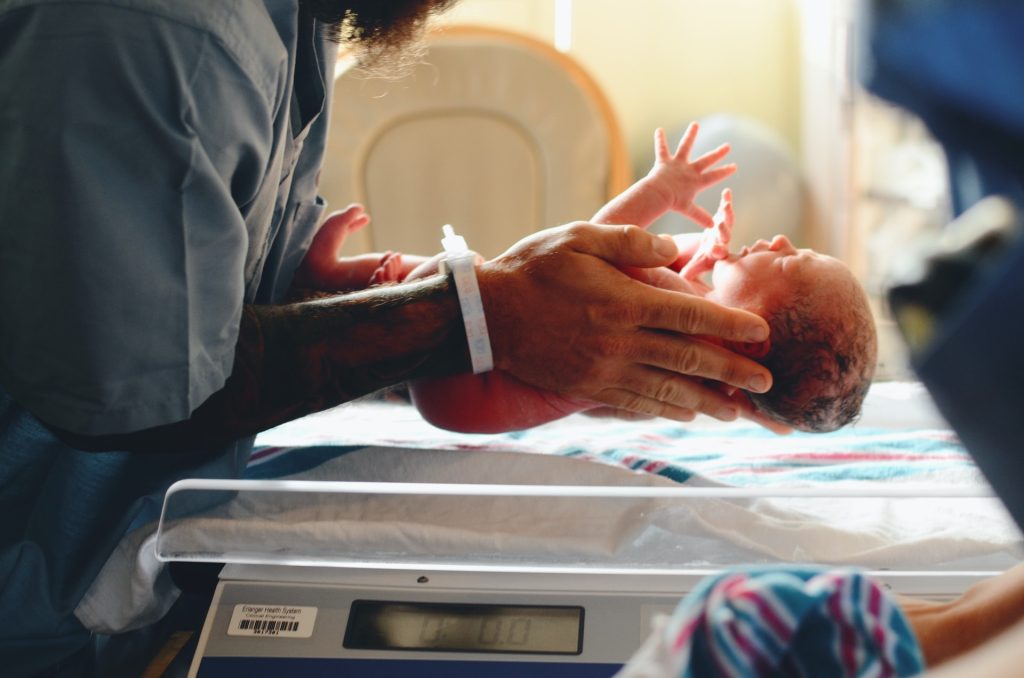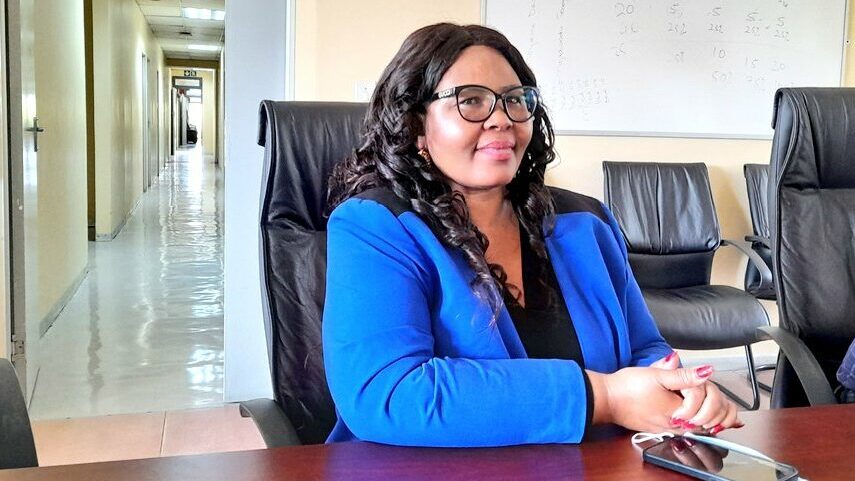Probe Clears Most Gauteng Care Organisations
Handful of organisations remain under investigation

By Daniel Steyn, Joseph Bracken and Raymond Joseph
Most of the non-profit organisations that were flagged in a forensic audit by the Gauteng Department of Social Development have been cleared of all findings and have started to receive subsidies from the department again.
The forensic audit, announced by Gauteng Premier Panyaza Lesufi during his 2023 State of the Province Address, was a key intervention by former social development MEC Mbali Hlophe and aimed to uncover fraud and corruption in the non-profit sector. The department pays about R1.9-billion in subsidies to more than 700 non-profit organisations every year.
In a list circulated to affected organisations on Wednesday by the department, which GroundUp has seen, 34 of the more than 50 organisations that had audit findings against them, have been cleared after they rejected the findings. The organisations, which include drug rehabs and women’s shelters, have had to endure three months without any funding since the start of the new financial year on 1 April.
Read the list
According to the list, six organisations are yet to receive the final outcome of their submissions. These include the training academies Daracorp and Beauty Hub, which collectively received R114-million in funding in 2022 and 2023. There are still unanswered questions about why these two organisations received so much in subsidies while budgets were cut for other organisations that care for people with HIV and older persons.
Social work organisation Kitso Lesedi Community Development, which has rejected the findings against them, is also still awaiting the final outcome of their submission.
The department has decided to “uphold” the decision not to fund two organisations, according to the list. These are Life Healthcare’s non-profit drug rehab in Randfontein and Tembisa Society for the Care and Welfare of the Aged. GroundUp understands that Tembisa is taking steps to appeal the decision.
Also, eight organisations are part of a Hawks investigation, according to the list. These include several foodbanks and Godisang Development, which has historically played a key role in the department’s Welfare to Work programme.
The department has not responded to GroundUp’s questions on the Hawks’ investigation, and the Hawks told us that it will be difficult to answer questions without a case number.
According to the department, 14 officials have been suspended since the forensic audit was launched, but their identities, the allegations against them, and the status of their disciplinary processes remain unknown.
| Total Organisations on List | 51 |
| Organisations cleared | 34 |
| Hawks Investigation | 8 |
| Organisations yet to receive outcome | 6 |
| Organisations that did not make submissions (But one of these organisations, Carroll Shaw, claims it made a submission) | 2 |
| Organisations that remain unfunded due to investigation (decision upheld after submissions) | 2 |
The forensic audit caused catastrophic delays in this year’s funding adjudication process, forcing hundreds of organisations to survive the first two months of the 2024/25 financial year without any funding. Some organisations retrenched staff, scaled down services or even shut down.
The department decided to centralise the process of allocating funds and appointed external adjudication panels. The department claimed this was because of findings by the Auditor-General, but the Auditor-General told GroundUp no such findings or recommendations were made.
The centralisation delayed the allocation of funds and the whole process ultimately collapsed, with the department deciding to simply extend contracts with organisations already signed in 2023.
The department did not respond to GroundUp’s questions.
Organisations vindicated
Organisations that have been cleared and have received findings told GroundUp that they feel vindicated and relieved.
Derick Matthews, CEO of Freedom Recovery Centre, which provides in-patient drug rehabilitation, told GroundUp that they have started admitting patients again and ordering supplies.
“Crazy days, but super excited,” Matthews said.
Mpule Lenyehelo, director of A Re Ageng, which runs women’s shelters and gender-based violence care centers, says it will take time to repair the relationship with the department.
“I am very angry and disappointed with the department,” Lenyehlo said. “Their allegations were unfounded and could not be substantiated as we have always received positive feedback from their monitoring and evaluation team. What the department seems to conveniently forget is that the organisation is providing essential services to the most vulnerable people in the community as well as 114 staff members in terms of job creation.”
One organisation caught in the cross fire was MES. The organisation never appeared on the list of organisations under investigation but nevertheless received a letter saying that there was a finding against them and that they would not be receiving funding. The finding was that they had not spent their full subsidies.
Leona Pienaar, CEO of MES, said she was confused because there was no money left over. She wrote to the department asking for clarity but received no reply. She then wrote to FSG Africa, the forensic auditing firm that was appointed to conduct the probe. FSG Africa told Pienaar that they made no findings against MES. After meeting with the department, MES finally had their funding for 2024/25 reinstated.
Lisa Vetten, chair of the Gauteng Care Crisis Committee, which has led litigation against the department and organised pro-bono legal assistance for affected organisations, says that she appreciates recent efforts by the new MEC Faith Mazibuko and some officials in the department to resolve the issues faced by the nonprofit sector.
“Corruption deprives people of services and has no place in the social care sector. But serious questions should be asked about the value of this audit, which not only came at great cost to organisations and their beneficiaries, but also, up to this point, hasn’t yielded much of substance,” said Vetten.









